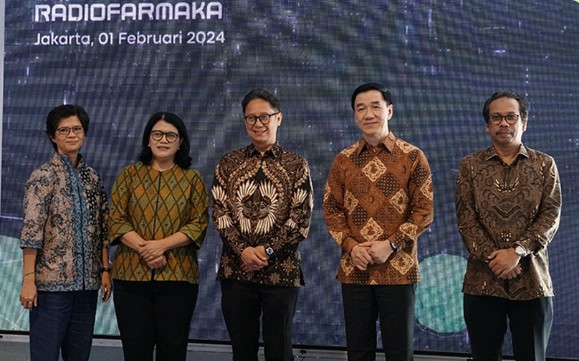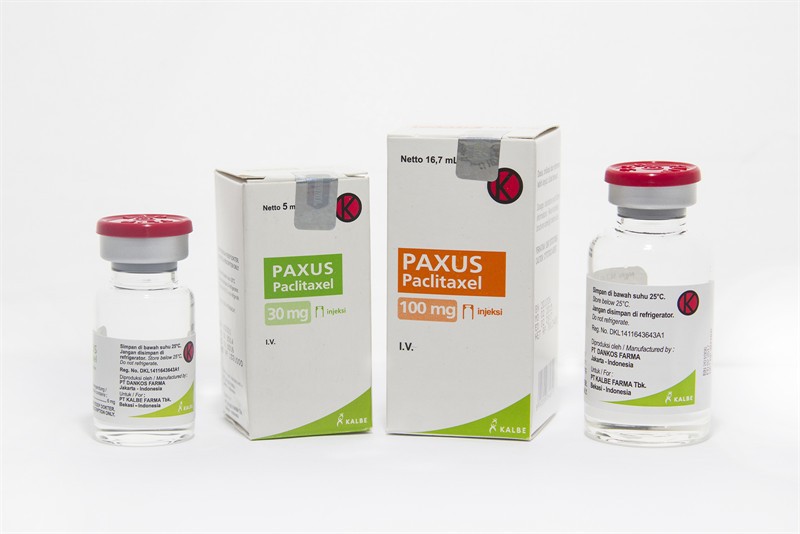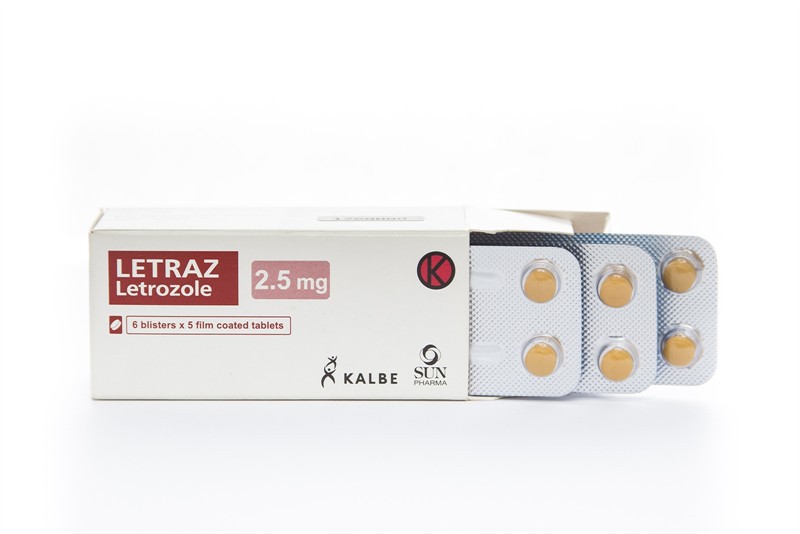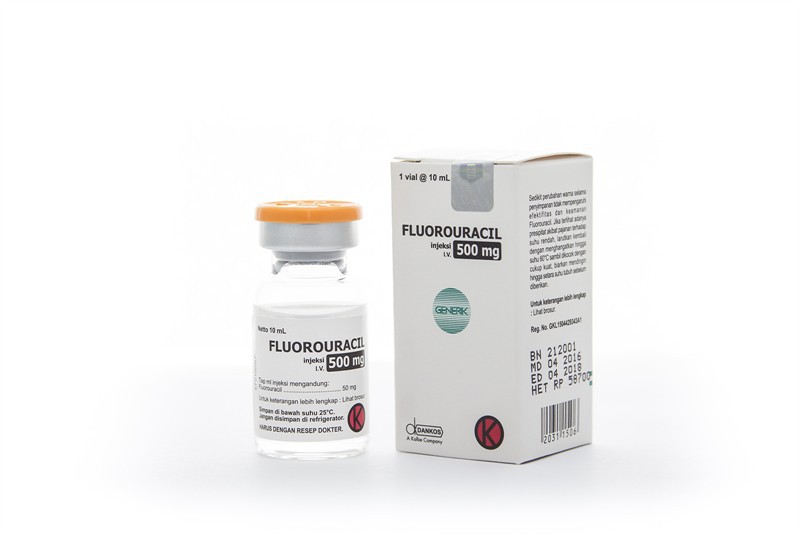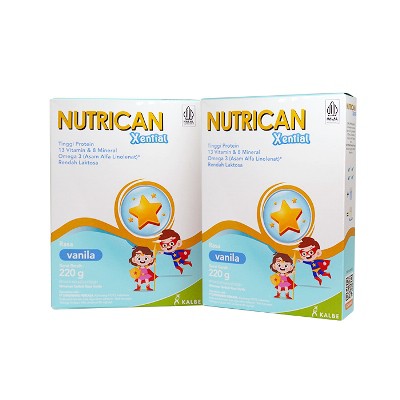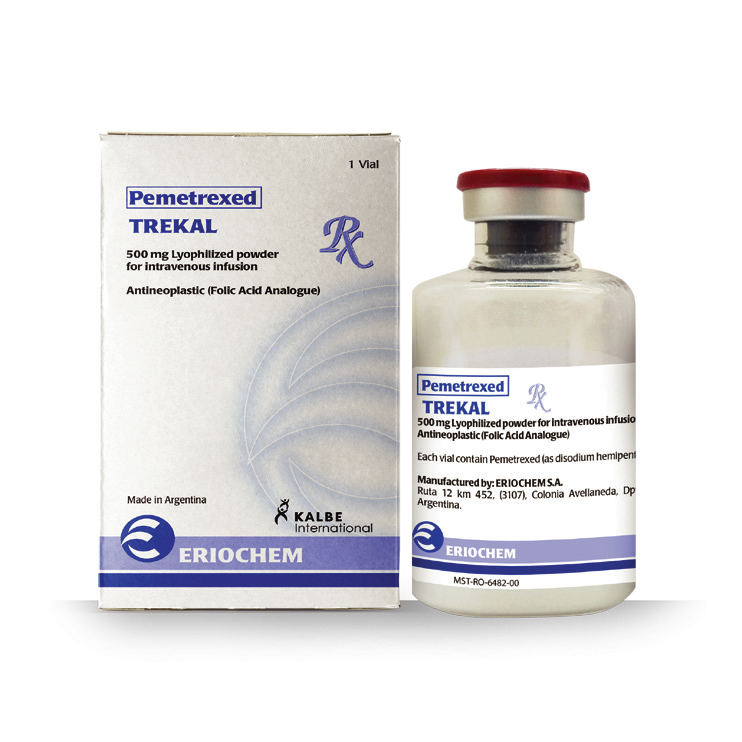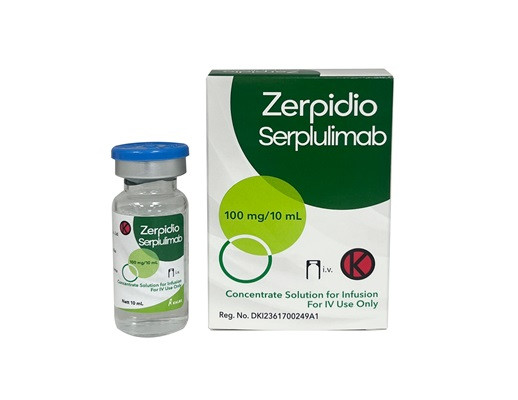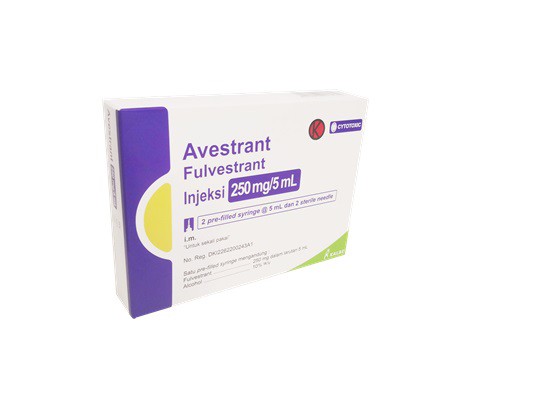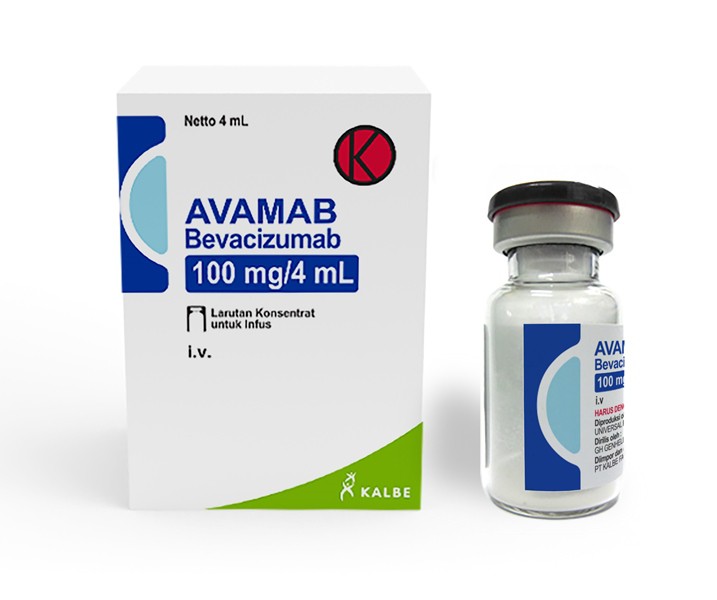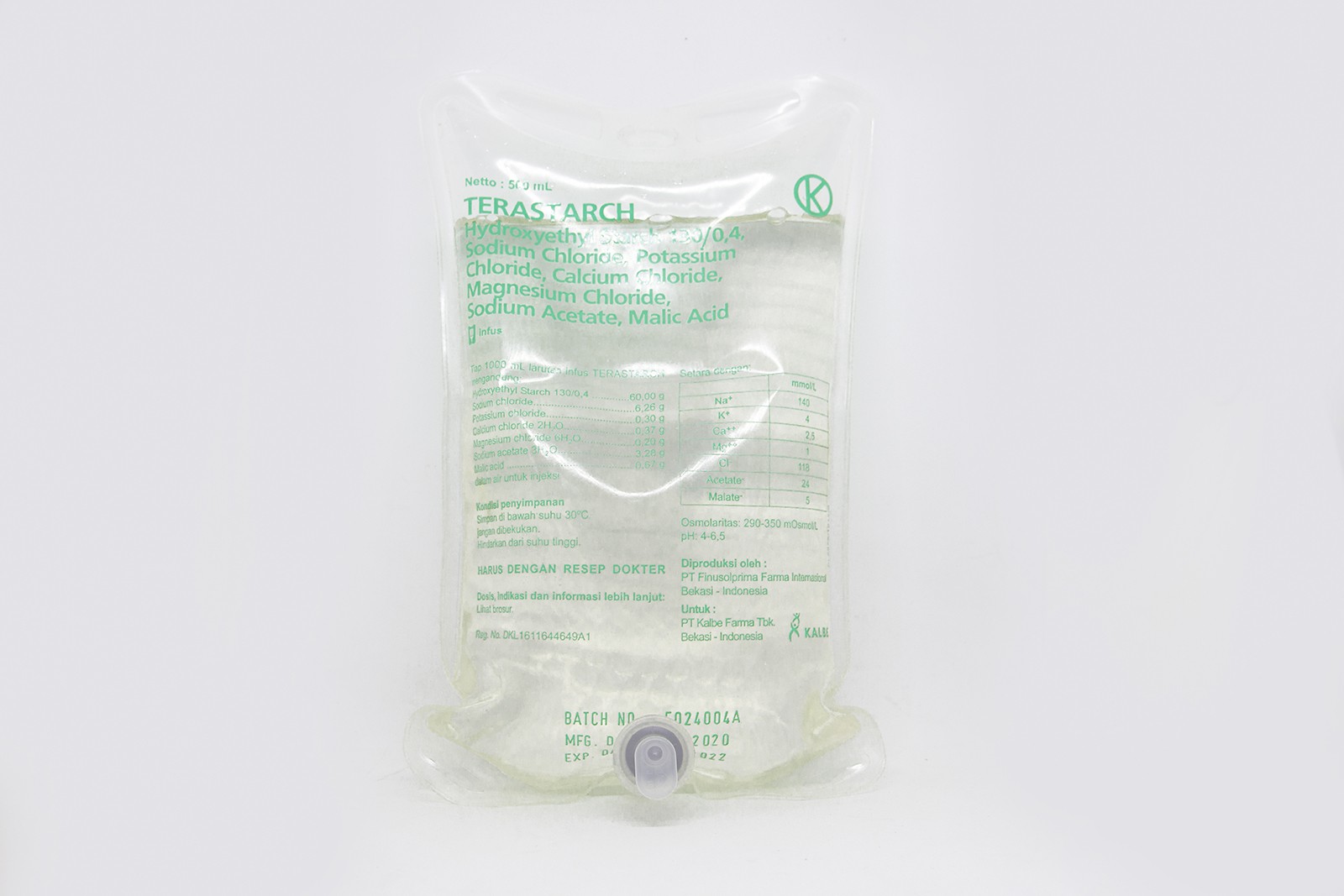
Cancer anemia, also known as cancer-associated malignant anemia, is a common clinical symptom of cancer, with a rate of incidence approaching 50% of cancer cases. There are several causes of cancer-associated malignant anemia, such as bleeding, hemolysis, lack of nutrition, bone marrow necrosis and fibrosis caused by tumor cell infiltration, direct inhibition of red blood cells caused by radiotherapy and chemotherapy, relative insufficiency of erythropoietin (EPO) secretion, hematopoietic inhibition and influence of iron metabolism and reduced reactivity of EPO and cytokines from cancerous human bone marrow.
Malignant tumor anemia is a common complication in various malignant tumors. Red blood cell depletion leads to inadequate tissue oxygenation, reducing the sensitivity of tumors to radiation and chemotherapy, thereby lowering the patient's quality of life, decreasing survival time, and affecting the patient's quality of life overall prognosis.
At present, there are four methods for treating cancer-associated anemia:
- Blood transfusion (primarily red blood cell suspension)
- Iron supplements (reduced iron deposits caused by EPO treatment)
- Change of treatment scheme
- Administration of stimulating factor
Blood transfusion is not without risks, particularly for patients with cancer. Blood transfusions may decrease the survival rate, and tumor recurrence may occur following blood transfusion, leading to a poor prognosis. The effect of iron supplements alone is often slow, with low efficacy. EPO is a high-purity active glycoprotein produced using genetically modified technology, and it explicitly stimulates bone marrow hematopoietic cells. Although a large body of research has demonstrated that EPO can improve the symptoms of cancer-associated malignant anemia, this conclusion remains controversial. In order to assess the efficacy of EPO in this setting, the current study conducted a meta-analysis of the available research.
The present study aimed to evaluate the effectiveness of erythropoietin (EPO) for improving cancer-associated malignant anemia. A search was performed for randomized clinical trials, conducted according to the Cochrane manual, using electronic databases including PubMed, EMBASE, the Cochrane Library, and ClinicalTrails.gov up to 15 August 2015. A total of 6 eligible studies from 5 articles enrolling a total of 453 patients were entered into the current meta-analysis. Upon EPO treatment, there were significant differences in the change in hemoglobin (HB) levels compared with the placebo at short-term follow-up [mean difference (MD)=0.66; 95% confidence interval (CI), 0.14‑1.18; I2 =Not applicable; P=0.01) and long‑term follow‑up (MD=0.10; 95% CI, 0.02‑0.18; I2 =Not applicable; P=0.01) under the random-effects model.
For changes in hematocrit (HCT) compared with the placebo, the results revealed there were significant differences at short‑term follow-up (MD=2.47; 95% CI, 0.75-4.19; I2=Not applicable; P=0.005) and long-term follow-up (MD=7.60; 95% CI, 6.15-9.05; I2=Not applicable; P<0.00001) under the random-effects model.
Compared with the placebo in short term follow-up under the fixed effects model with homogeneity, the result was a significant difference for the transfusion ratio [relative risk (RR)=0.81; 95% CI, 0.67-0.97; I2=34%; p=0.02) and the transfusion requirements (MD=-0.45; 95% CI, -0.92, 0.03; I2=6%; p=0.07).
Summary:
Based on a meta-analysis study, EPO was beneficial to alleviate cancer-associated anemia and improve survival outcomes for patients with cancer. (LAI)
Image: Illustration
Reference:
1. Zhao F, Wang Y, Liu L, Bian M. Erythropoietin for cancer-associated malignant anemia: A meta-analysis. Molecular and Clinical Oncology. 2017;6:925-30.
2. Radziwon P, Krzakowski M, Kalinka E, Zaucha R, Wysocki P, Kowalski D, et al. Anemia in cancer patients — Expert Group recommendations. Revision 2020. Oncol Clin Pract 2020;16(5):261-9.







